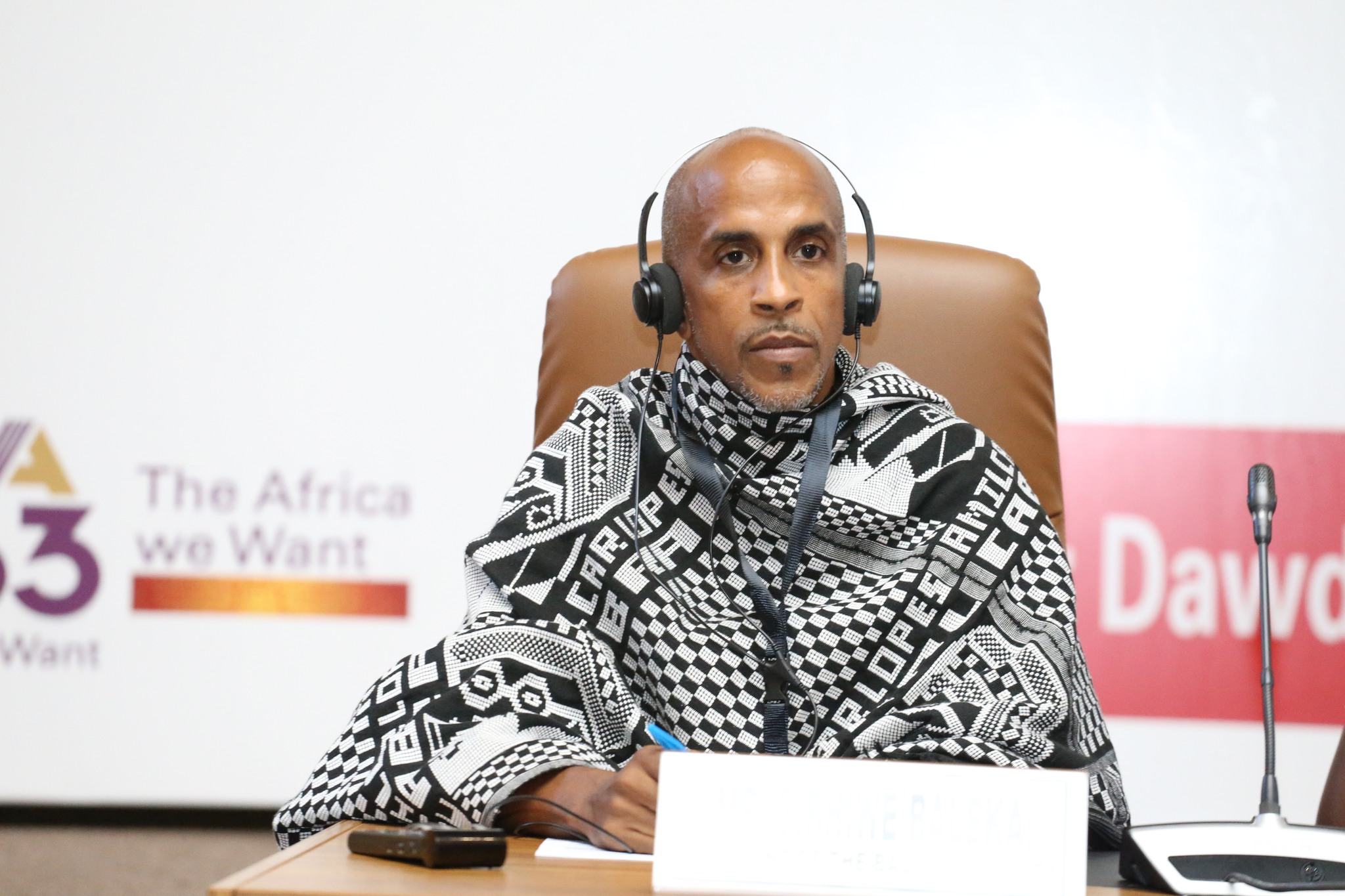In the build up to the third UN Forum on Business and Human Rights, ISHR will publish a series of articles by key human rights defenders and experts in this field, before launching a special edition of its Human Rights Monitor on 1 December, in both English and Spanish. Click here to join our Spanish language mailing list.
Este artículo existe también en español auqi.
ISHR asked representatives in and around the regional human rights systems of Africa, Asia and the Americas to explain why human rights defenders and regional protection is vital in the issue of corporate accountability. The Chair of the African Commission Working Group on extractive industries, the Inter-American Special Rapporteur on human rights defenders and Forum Asia’s ASEAN Advocacy Programme Manager tell us why.
Defending the defenders: A need to ensure the protection of human rights defenders in the extractive sector
By Pacifique Manirakiza, Commissioner at the African Commission on Human and People’s right and the chair of the Working Group on Extractive industries, environment and Human Rights Violation.
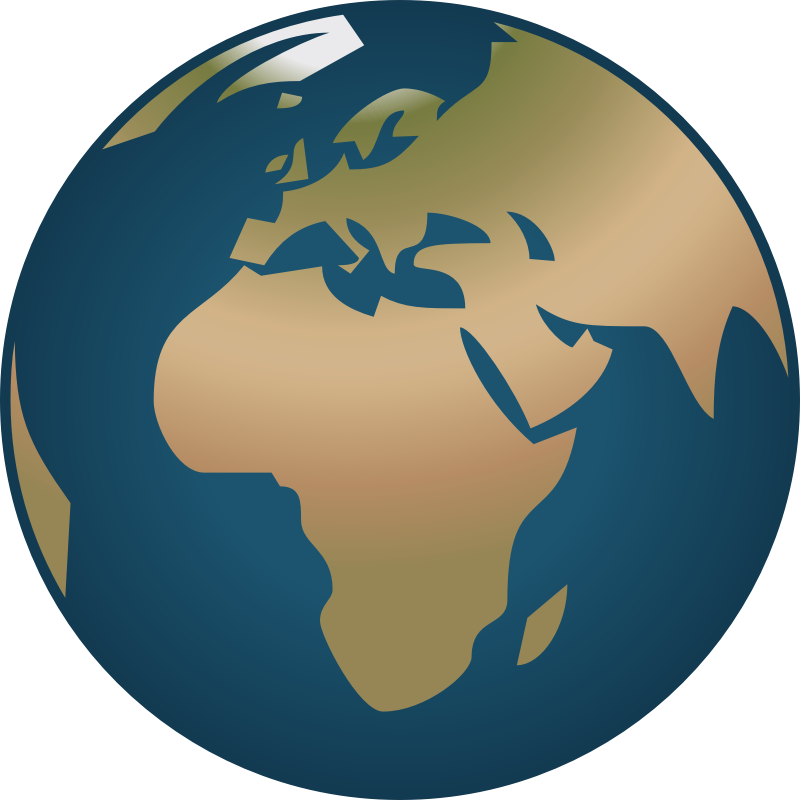 For the last decades, the extractive industry has been booming in Africa. For instance, mining and developmental projects are conceived and implemented all over Africa. The implementation of those projects poses a new and serious challenge to the African human rights community. Human rights defenders operating in this area face serious and specific challenges. They have to work in an environment where they have to denounce not only human rights abuses by States, but also those committed by non-state actors, i.e. multinational companies. In their work, they are facing resistance and harassment from both States and multinationals.
For the last decades, the extractive industry has been booming in Africa. For instance, mining and developmental projects are conceived and implemented all over Africa. The implementation of those projects poses a new and serious challenge to the African human rights community. Human rights defenders operating in this area face serious and specific challenges. They have to work in an environment where they have to denounce not only human rights abuses by States, but also those committed by non-state actors, i.e. multinational companies. In their work, they are facing resistance and harassment from both States and multinationals.
In the course of the work of the Working Group on Extractive Industries, Environment and Human Rights Violations in Africa (WGEI), we heard stories from human rights defenders about numerous threats, including death threats, and harassment they face when working to denounce rights violations and other abuses committed by extractive industries. It is crucial that States fulfill their obligation to protect human right defenders, including those who work to promote transparency and accountability in the extractive industry sector. Human rights defenders are key partners to the work of the WGEI and the Commission as a whole. In fact, our Working Group has an umbilical link with human rights defenders. This mechanism was created thanks to their advocacy work in order to assist the Commission in addressing the adverse impact of the exploitation of natural resources in Africa and to ensure that all African peoples freely dispose of their wealth and natural resources as guaranteed by article 21 of the African Charter.
Human right defenders are the voices of the communities who suffer from the adverse impact of extractive activities. States and extractive industries should ensure that both communities and defenders are consulted and involved in the human rights impact assessment of the exploitation of natural resources. The African Commission WGEI is committed to engaging African states and extractive industries on the need to ensure that defenders working on the extractive sector are protected and recognized as key partners in the conception and the implementation of development projects.
The importance and protection of human rights defenders in the Americas
By Commissioner José de Jesús Orozco Henríquez, Rapporteur on Human Rights Defenders of the Inter-American Commission on Human Rights
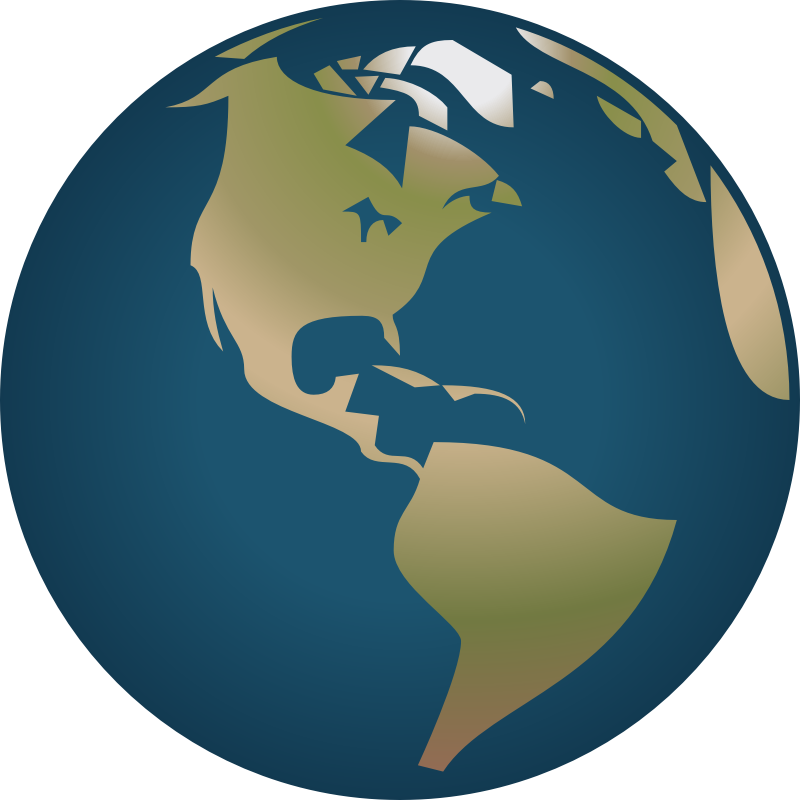
Since its foundation 50 years ago, the Inter-American Commission on Human Rights (IACHR) has monitored the situation of human rights defenders in the Americas and employed protection mechanisms to protect the life and physical integrity of persons persecuted for the activities to defend human rights.
In 2011, responding to need for the grave situation faced by defenders to be given greater visibility, and to enable follow up to specific cases, the IAHCR created the mandate of the Special Rapporteur on Human Rights Defenders. The Rapporteur is also charged with monitoring the situation of judges, prosecutors and public defenders in as far as their work relates to access to justice.
Amongst the most frequent violations defenders face in their work to promote and protect human rights are assassinations, threats, harassment, illegal, arbitrary or undue interference in their work, and violence meted out during social protests. These acts are designed to generate fear, discourage the human rights defender community, and silence and terrorise victims. In recent years, the Office of the Rapporteur has noted an additional obstacle – that of criminalisation, understood as being subjected to penal investigations and judicial complaints that are without foundation, aimed at intimidating defenders and paralysing their work.
There is a lack of effective State measures to protect defenders in situations of most risk, and a very low rate of effective investigation of threats and attacks. The majority of States in the Americas have not put specialised protection measures in place. Those measures that have been created fall short, either providing security to defenders without investigating the origin of the threats, or vice versa. This shows a lack of comprehensive State protection policies, which perpetuates the vulnerability of defenders and adversely affects their work.
The challenges the Office of the Rapporteur faces include ensuring a timely response to situations where the rights of defenders are compromised, and choosing the most effective amongst the mechanisms used by the Commission to urge States to take decisive action to protect defenders, such as by developing effective policies and practices for the protection of human rights. There are several such means and mechanisms available to the Commission, namely: requesting information from States; issuing press statements; holding public hearings and working meetings; adopting precautionary measures and requesting provisional measures from the Court for the protection of defenders; considering individual petitions; and elaborating thematic reports.
The Commission is clear that the most effective way to address the challenges faced by defenders is through the adoption by States of a comprehensive framework of protection aimed at undercutting the risks faced by individuals and enabling the continuation of their work. Such a framework should include: refraining from putting obstacles in the way of defenders’ work; adopting public policies and norms that enable the work of defenders; protecting them from threats and risks to their lives and physical integrity; and guaranteeing investigations of violations committed against them. Furthermore, given that a third of precautionary measures issued by the Commission are aimed at protecting the life and integrity of human rights defenders, it is essential that the national protection policies include measures to establish systems for the swift and effective implementation of protection measures, including those coming from the Commission. A further critical component of these policies is the public acknowledgement of the legitimacy of the work of defenders and their contribution to the strengthening of the rule of law and protection of human rights.
Thanks to the system of petitions and cases, we have seen developments in Inter-American jurisprudence regarding the protection of defenders and the independence of justice operators. In a series of cases, the Inter-American Court has noted that States have specific obligations to protect activities to defend human rights. These developments all contribute to setting out more clearly the obligations of States with respect to creating an enabling environment for human rights defenders and provide a useful framework for the Commission when issuing recommendations and protection measures to States.
Business and human rights defenders in the ASEAN region
By Atnike Nova Sigiro, ASEAN Advocacy Programme Manager at Asian Forum for Human Rights and Development (FORUM-ASIA)
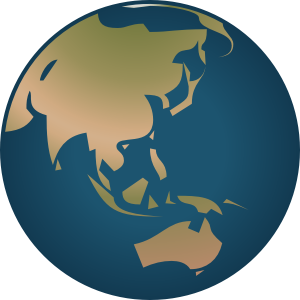 Aiming to be an ASEAN Economic Community (AEC) by 2015, the ASEAN region has accelerated its integration into the global market economy driven by business interests from within and outside ASEAN, with a strong backing by the region’s governments. Projects proposed under the AEC include transport cooperation, energy cooperation and mining cooperation. Much political emphasis has been placed on the AEC to further liberalise the region’s economy and facilitate trade and investment. Far less emphasis has been placed on addressing the social and environmental consequences of economic growth and safeguarding human rights, which are within the mandate of the ASEAN Intergovernmental Commission on Human Rights (AICHR) and the ASEAN Commission on the Promotion and Protection of the Rights of Women and Children (ACWC).
Aiming to be an ASEAN Economic Community (AEC) by 2015, the ASEAN region has accelerated its integration into the global market economy driven by business interests from within and outside ASEAN, with a strong backing by the region’s governments. Projects proposed under the AEC include transport cooperation, energy cooperation and mining cooperation. Much political emphasis has been placed on the AEC to further liberalise the region’s economy and facilitate trade and investment. Far less emphasis has been placed on addressing the social and environmental consequences of economic growth and safeguarding human rights, which are within the mandate of the ASEAN Intergovernmental Commission on Human Rights (AICHR) and the ASEAN Commission on the Promotion and Protection of the Rights of Women and Children (ACWC).
ASEAN integration has also entailed the construction of large infrastructure (such as roads, hydropower dams and fossil fuel-fired power stations), proliferation of the mining industry, creation of polluting industrial zones, and the expansion of a range of land-intensive agro-business. Development-induced displacement is also endemic and many people are losing access to the natural resources upon which they depend. Development based on resource extraction and exploitation not only leads to environmental degradation, but in a number of cases has also triggered violations of human rights by government and business without redress. Increasingly, human rights defenders in ASEAN working to expose human rights abuses in these connections are more vulnerable to threats from both State and non-State actors.
Nevertheless, several initiatives to address these issues have taken place within the ASEAN region. In October 2010, organisations from five ASEAN member States – Singapore, Indonesia, Malaysia, Thailand and the Philippines – established the ASEAN CSR Network. In 2013, at least two reports on business and human rights were produced by NGOs, namely: the Human Rights Resource Centre (HRRC) report ‘Business and Human Rights in ASEAN: A Baseline Study‘, and a FORUM-ASIA report entitled ‘Corporate Accountability in ASEAN: A Human Rights-Based Approach‘.
Finally, in June 2014, the AICHR published its long-awaited first thematic study which focused on Corporate Social Responsibility and Human Rights in ASEAN.[1] Similar to FORUM-ASIA’s report, the AICHR’s report admits that the concept of CSR has its limitation to be used as a tool for promotion and protection of human rights, especially for its voluntary principle. Nevertheless, the report recognised the importance of CSR for awareness-raising and recognition of the role of the business sector towards human rights. The report also encourage ASEAN Members States to further accelerate and strengthen the implementation and enforcement of the existing rules and regulations that deal directly with such adverse impacts of business conducts at national and regional level. Despite the prolonged process and the lack of consultation with broader stakeholders, particularly CSOs, the report shows an important start for ASEAN, particularly through its human rights body, the AICHR, to recognize and to envisage future policy framework on human rights based approach in the work of business in ASEAN region.
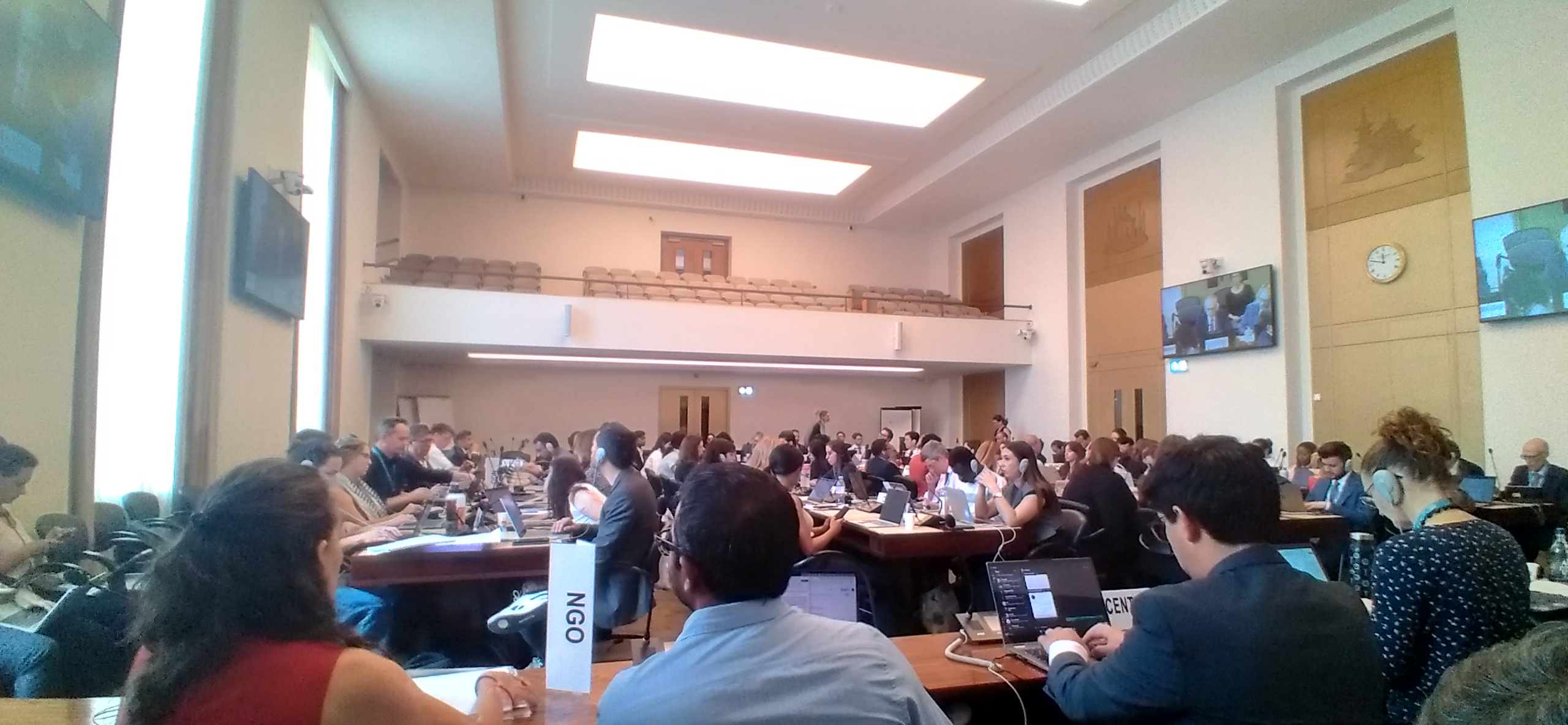

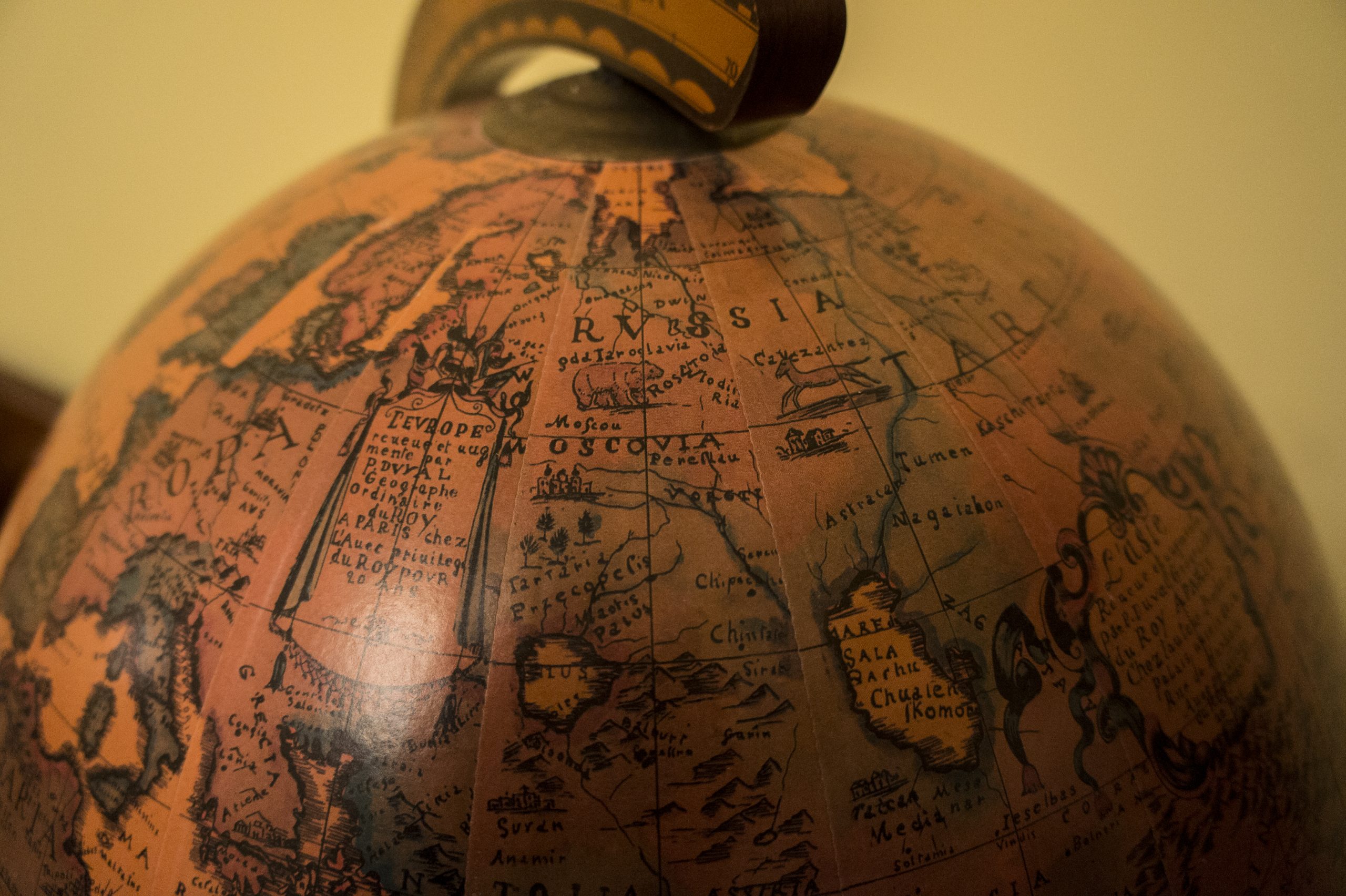
 For the last decades, the extractive industry has been booming in Africa. For instance, mining and developmental projects are conceived and implemented all over Africa. The implementation of those projects poses a new and serious challenge to the African human rights community. Human rights defenders operating in this area face serious and specific challenges. They have to work in an environment where they have to denounce not only human rights abuses by States, but also those committed by non-state actors, i.e. multinational companies. In their work, they are facing resistance and harassment from both States and multinationals.
For the last decades, the extractive industry has been booming in Africa. For instance, mining and developmental projects are conceived and implemented all over Africa. The implementation of those projects poses a new and serious challenge to the African human rights community. Human rights defenders operating in this area face serious and specific challenges. They have to work in an environment where they have to denounce not only human rights abuses by States, but also those committed by non-state actors, i.e. multinational companies. In their work, they are facing resistance and harassment from both States and multinationals.
 Aiming to be an ASEAN Economic Community (AEC) by 2015, the ASEAN region has accelerated its integration into the global market economy driven by business interests from within and outside ASEAN, with a strong backing by the region’s governments. Projects proposed under the AEC include transport cooperation, energy cooperation and mining cooperation. Much political emphasis has been placed on the AEC to further liberalise the region’s economy and facilitate trade and investment. Far less emphasis has been placed on addressing the social and environmental consequences of economic growth and safeguarding human rights, which are within the mandate of the ASEAN Intergovernmental Commission on Human Rights (AICHR) and the ASEAN Commission on the Promotion and Protection of the Rights of Women and Children (ACWC).
Aiming to be an ASEAN Economic Community (AEC) by 2015, the ASEAN region has accelerated its integration into the global market economy driven by business interests from within and outside ASEAN, with a strong backing by the region’s governments. Projects proposed under the AEC include transport cooperation, energy cooperation and mining cooperation. Much political emphasis has been placed on the AEC to further liberalise the region’s economy and facilitate trade and investment. Far less emphasis has been placed on addressing the social and environmental consequences of economic growth and safeguarding human rights, which are within the mandate of the ASEAN Intergovernmental Commission on Human Rights (AICHR) and the ASEAN Commission on the Promotion and Protection of the Rights of Women and Children (ACWC).
